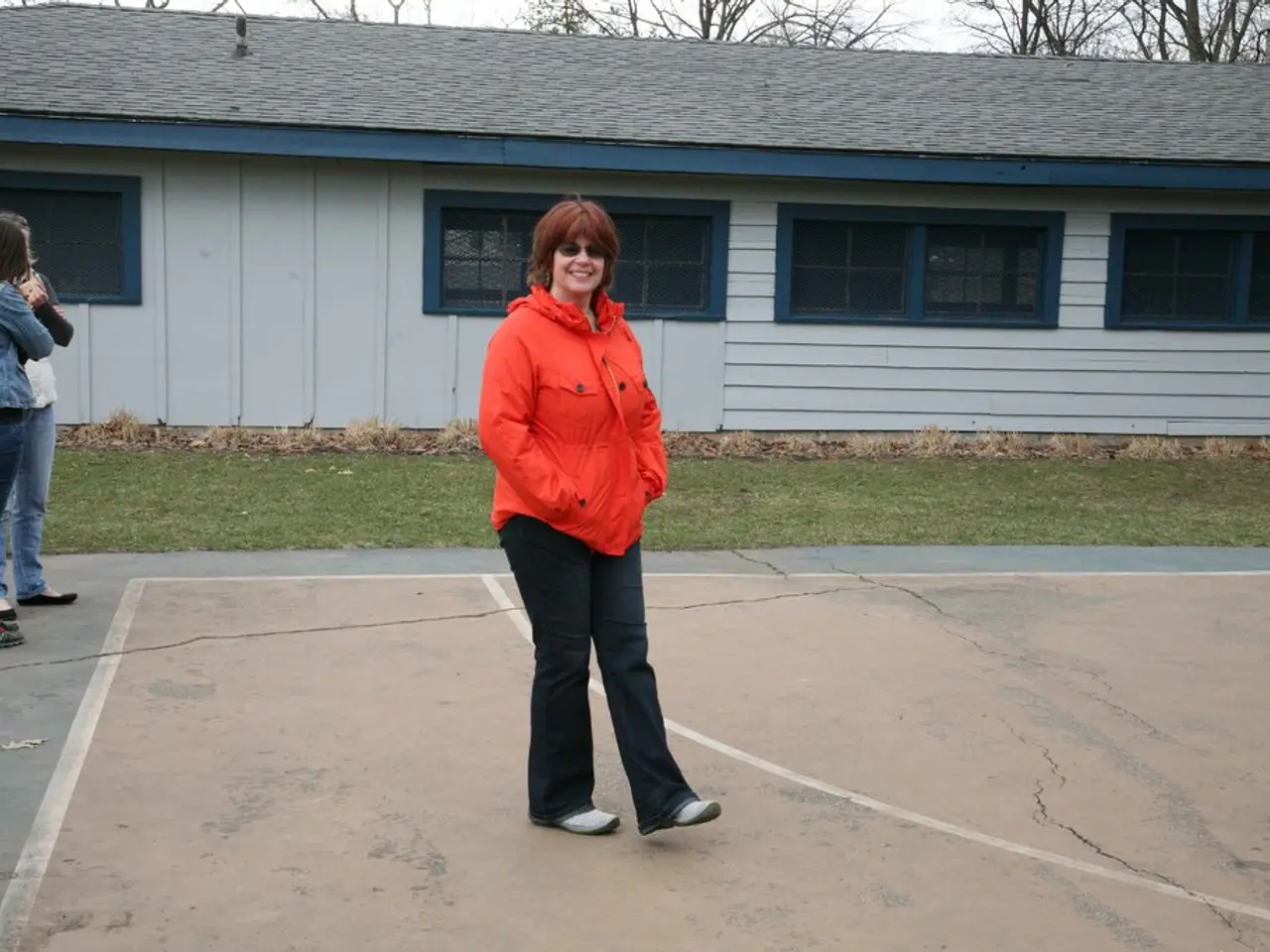India's Supreme Court Cracks Down on Judicial Lapses, Orders Training for Officers
The Supreme Court of India has recently taken stern measures to address lapses in the judiciary, highlighting the need for systemic intervention. Two judicial officers in Delhi have been directed to undergo a week-long training due to serious errors in granting bail in a fraud case. This is not an isolated incident. In May 2023, the Supreme Court asked the Allahabad High Court to withdraw work from a sessions judge and send him to the judicial academy to upgrade his assessment skills. Similarly, an additional sessions judge in Madhya Pradesh was reprimanded for ignoring the top court's directions in a bail matter and was advised to attend a week's training. These incidents underscore the importance of continuous professional development for judicial officers. In a positive development, the Supreme Court has been conducting one-week training programs for court officers. These programs have seen participation from officials not only from India but also from neighbouring countries like Nepal, Bhutan, and Bangladesh. This exchange of knowledge and best practices can significantly enhance the quality of justice across the region. The recent directives from the Supreme Court underscore the need for regular training and assessment of judicial officers. By addressing these lapses, the judiciary can ensure fair and just outcomes, uphold the rule of law, and maintain public trust in the institution.






